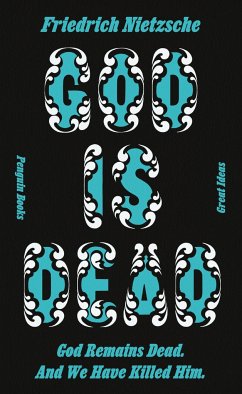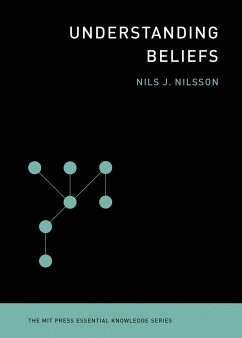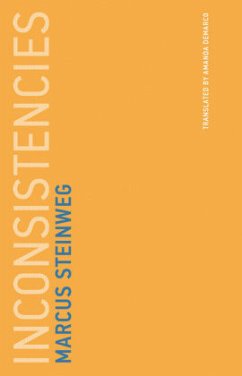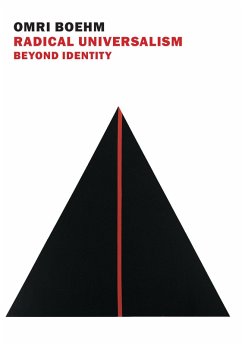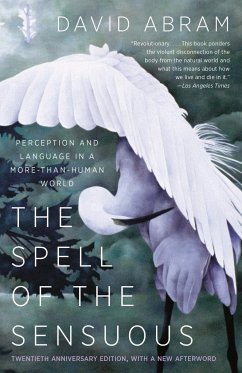
The Sickness Unto Death
A Modern Translation for the 21st Century
Versandkostenfrei!
Versandfertig in 1-2 Wochen
13,99 €
inkl. MwSt.
Weitere Ausgaben:

PAYBACK Punkte
7 °P sammeln!
Unveil the depths of despair, selfhood, and faith in a transformative exploration by renowned philosopher Søren Kierkegaard. Modern Translation for a New Era: This new translation of Kierkegaard's masterpiece, The Sickness Unto Death, brings his profound ideas on despair, self-discovery, and the human condition to a fresh and accessible level for the 21st-century reader. Confront Despair, Embrace Authenticity: Delve into the complex relationship between the self, the world, and the divine. Explore the types of despair that entangle the soul and discover the path to liberation through self-awa...
Unveil the depths of despair, selfhood, and faith in a transformative exploration by renowned philosopher Søren Kierkegaard. Modern Translation for a New Era: This new translation of Kierkegaard's masterpiece, The Sickness Unto Death, brings his profound ideas on despair, self-discovery, and the human condition to a fresh and accessible level for the 21st-century reader. Confront Despair, Embrace Authenticity: Delve into the complex relationship between the self, the world, and the divine. Explore the types of despair that entangle the soul and discover the path to liberation through self-awareness and faith. A Guide for the Introspective Soul: The Sickness Unto Death is not just philosophy; it's a guide for understanding your true self. Embrace existential questions, deepen self-understanding, and explore the nature of despair and redemption. Timeless Message of Hope: This book offers a powerful message for those seeking meaning and purpose. Find existential courage, confront the self's despair, and emerge with renewed faith. Perfect for:Fans of existential philosophy Readers interested in self-discovery and personal growth Anyone grappling with life's big questions Those seeking a deeper understanding of faith and despair Kierkegaard for the Modern Soul: Challenging, enlightening, and transformative, The Sickness Unto Death is your companion on the journey to a more authentic you.






